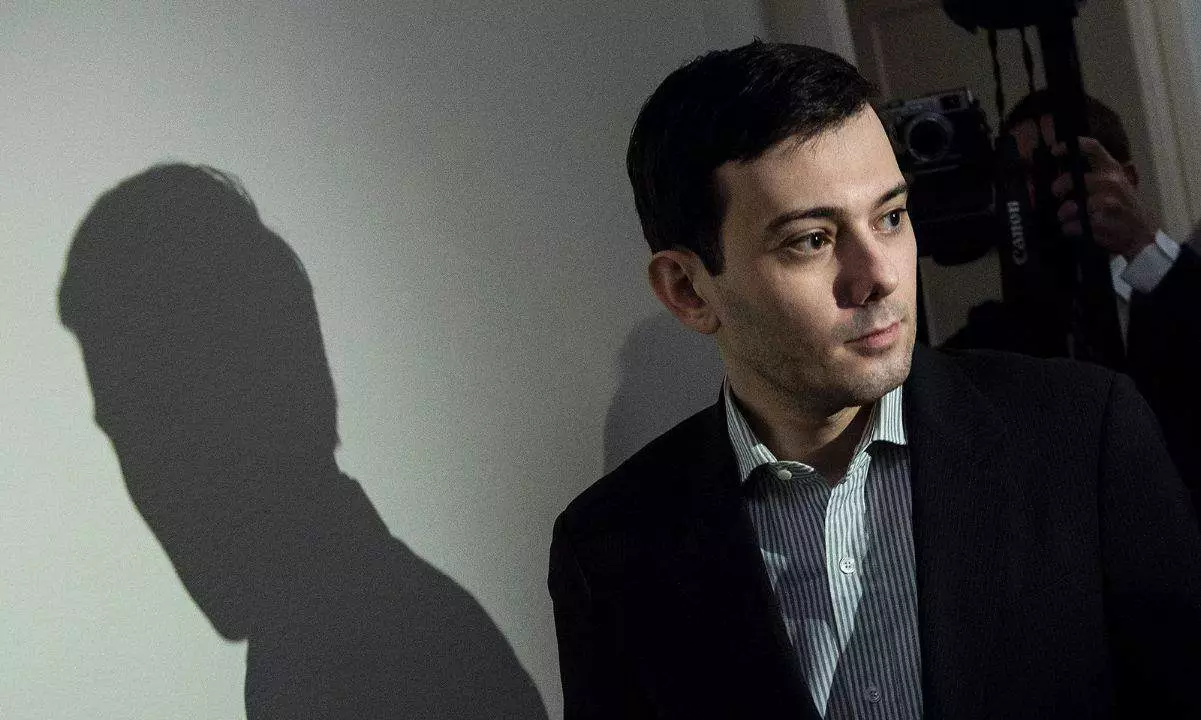In a story blending the worlds of pharmaceuticals, hip-hop, and digital assets, the narrative of Martin Shkreli and the NFT collective PleasrDAO unravels, revealing a dramatic collision of greed, artistic ownership, and legal battles. This complex case commenced in June 2024 when PleasrDAO initiated a lawsuit against Shkreli regarding claims of illegal copies and ownership disputes over the rare Wu-Tang Clan album, *Once Upon a Time in Shaolin*.
The controversy traces back to Shkreli’s acquisition of the elusive album in 2015, where he paid a staggering $2 million at exclusive auction. Previously shrouded in mystery, this one-off project by the legendary hip-hop group featured strict contractual limitations, forbidding its release until 2103. Despite the legal bindings, Shkreli’s involvement did not stop at mere ownership; he has merged the line between a collector and a provocateur. The album’s fate thudded further into public scrutiny following his 2018 arrest for fraud, prompting authorities to seize the recording as part of a broader investigation into his business practices at Retrophin Inc.
The narrative took a wild twist in July 2021, when PleasrDAO, after purchasing the album for $4.75 million, announced its intention to transform the piece into an NFT. This ambitious move aimed to solidify the digital ownership of the album, transforming it into an asset for the ever-evolving crypto-collectibles market.
Copycat Controversies
When Shkreli was observed playing the album’s music on his YouTube channel in 2022, a chorus of outrage erupted. He claimed to have created multiple copies of the illicitly obtained album, further agitating PleasrDAO, which contended that their purchase obliterated Shkreli’s rights to the music, irrespective of his initial claims. Following this episode, Shkreli’s bravado intensified, as he openly taunted PleasrDAO, asserting he regularly played the album’s tracks to audiences on platforms such as Discord that reportedly reached thousands.
Responding to the perceived threat to their investment, PleasrDAO filed a lawsuit against Shkreli on June 10, 2024, asserting significant financial harm due to his reckless actions. The essence of their claim resonates with a broader battle over copyright versus ownership in digital realms.
The court case has morphed into a quagmire involving various legal frameworks, with Shkreli contending that the initial purchase agreement entitles him to retain 50% of the copyright even after selling the physical album. PleasrDAO, on the other hand, staunchly argues the contrary, claiming that the acquisition meant Shkreli relinquished all rights to the album. This clash underscores the complexity of ownership laws, especially in cases involving unique artworks transformed into digital assets.
As the situation escalated, a New York judge in August ordered Shkreli to surrender all copies of the album he had retained and required him to affirm under oath that he no longer possessed them. However, PleasrDAO expressed skepticism about Shkreli’s compliance, hinting at ongoing concerns about the legitimacy of the returned materials.
The implications of this case expand beyond the individuals involved. It signifies a critical reflection on how traditional ownership concepts are being transformed by digital innovations, invoking questions about intellectual property rights in the age of NFTs. As courts grapple with these cases, their rulings could set precedents impacting how art, especially that surrounded by legal and ethical complexities, is valued and traded in the digital landscape.
Furthermore, Shkreli’s activities—including his recent foray into a Donald Trump-themed meme coin—demonstrate his continued presence in controversial domains, suggesting a pattern of leveraging notoriety for financial gain. Ultimately, both Shkreli and PleasrDAO’s clash encapsulates a larger discourse on value, ownership, and morality in the intersection of art and commerce.
The resolution of this high-stakes legal drama not only affects those directly involved but will resonate through the nascent NFT market, prompting reevaluations of rights, responsibilities, and ethical standards in the increasingly murky waters of digital asset ownership.
















Leave a Reply